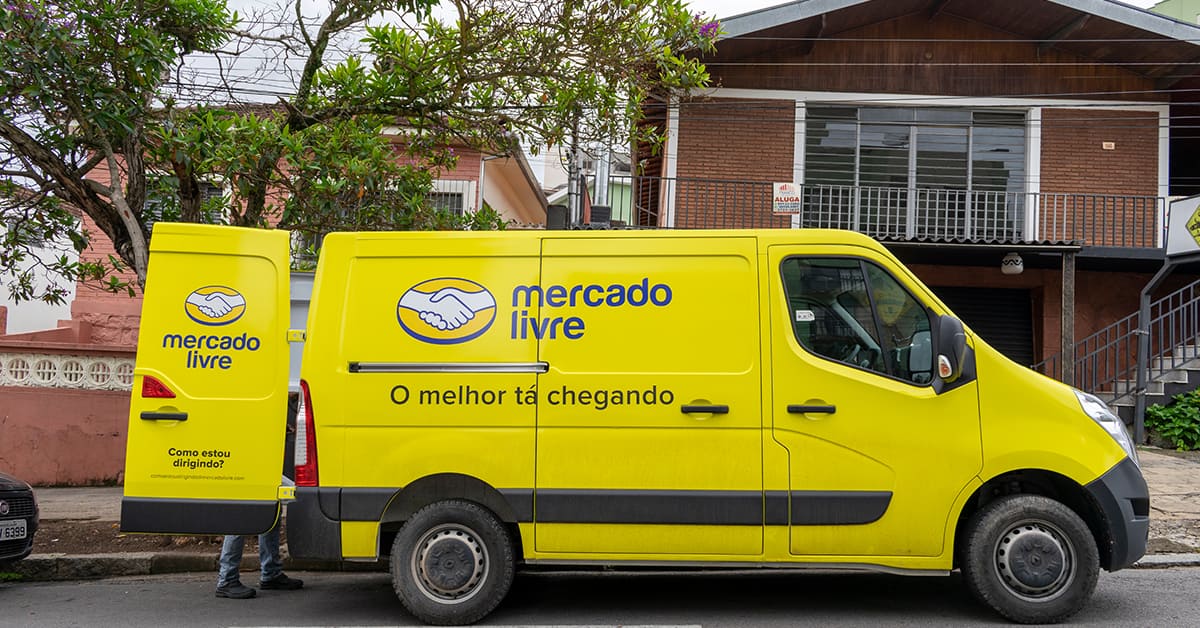A Latin America fintech pioneer since the early 2000s, Mercado Pagohas enjoyed robust growth tied to the recent surge in digital banking.

The Argentina-based digital marketplace Mercado Libre is now the highest valued company in Latin America, according to Economatica, a leading investment research platform, edging past the Brazilian mining company Vale in market capitalization. Walmart Mexico and Petrobras claim the third and fourth spots, respectively.
In early September, Vale suffered economic consequences from a global drop in mineral prices, led by steel production cuts in China and the Evergrande debt crisis.
Mercado Libre on the other hand, whose stock price saw an 84.8% increase in the last year according to Stock Analysis, benefited from a tremendous run in the US stock market. Since the company’s Nasdaq IPO in 2007, growth in value surpassed 10,000%. As a result, Mercado Libre is currently worth 28% more than Vale, with a total market cap of $92.9 billion.
Mercado Libre has roughly 194 million single-user registered accounts, according to research from Bank of America—equivalent to 65% of the economically active population of the continent, according to the United Nations Economic Commission for Latin America and the Caribbean.
A Latin America fintech pioneer since the early 2000s, when it created digital payment service Mercado Pago, the company has enjoyed robust growth tied to the recent surge in digital banking. Currently, Mercado Pago represents 21% of the company’s total revenue and 38% of its revenue in Brazil. “We have always seen in Mercado Pago a potential much larger than the marketplace itself,” says Tulio Oliveira, vice president of Mercado Pago in Brazil.
André Chaves, senior vice president of strategy and corporate development at Mercado Libre, hints that the company plans to focus its future growth strategy on the fintech spectrum. “We see Latin America with enormous potential for continued growth in digital services. The last 18 months have generated a step function increase in digitalization of commerce and finance, setting the stage for sustained long-term growth throughout the region,” he states. “We aim to become the largest fintech in Latin America,” adds Oliveira.



